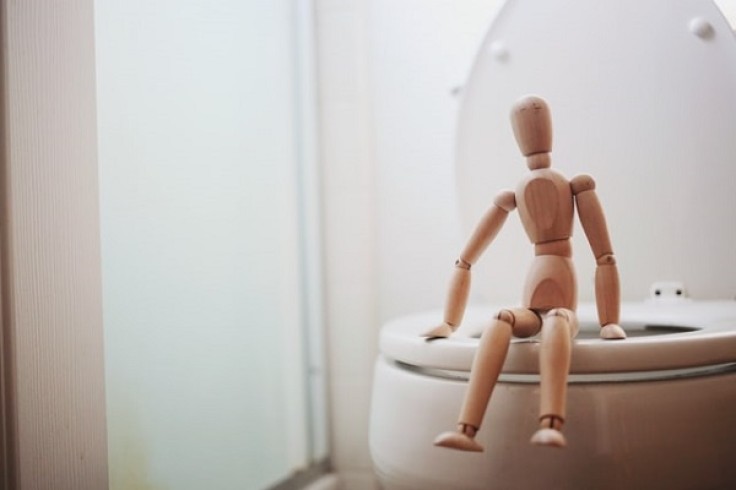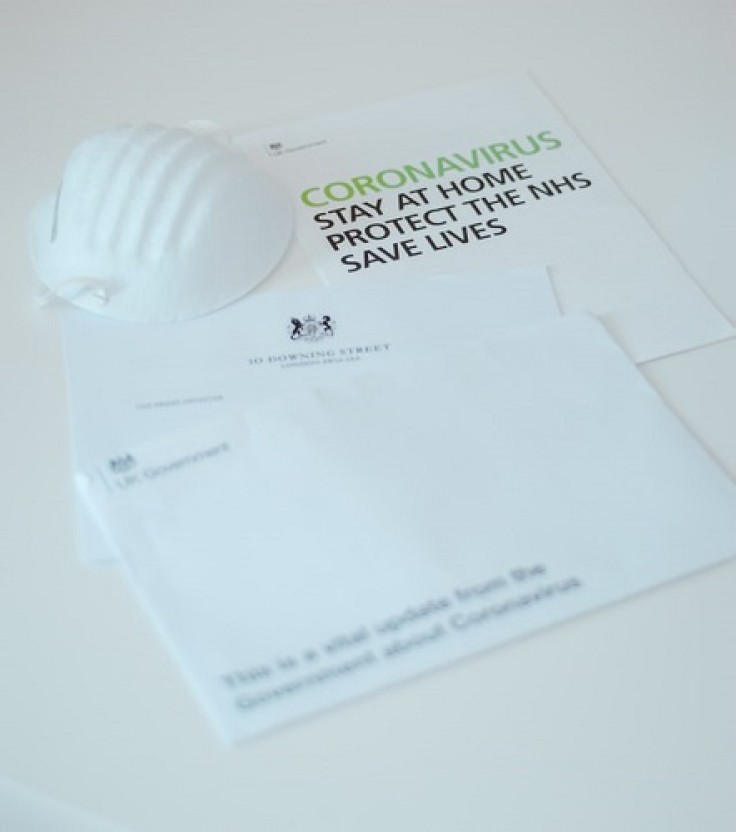People with inflammatory bowel disease (IBD) should be careful not to be infected with the coronavirus.
One study done by the Journal of Crohn's and Colitis found that people with IBD are not at higher risk of contracting COVID-19. However, they should be careful when being treated to suppress their immunity, as the virus might take the opportunity to invade the weakened host.
People who are under the medications of immunomodulators, Janus kinase inhibitors, long-term steroids, anti-tumor necrosis factor biologics, and other biologic drugs are vulnerable to viral diseases. These drug classifications help control IBD symptoms, however, the downside is that it suppresses their immunity.
People who are in stable condition should continue with their medications, according to a study in The Lancet Gastroenterology & Hepatology. However, those who are experiencing flare-ups should immediately tell their doctors. Also, people who have IBD and either pregnant, aged over 65, with underlying health conditions, or those with active-stage IBD could be at higher risk of COVID.

Complications
IBD patients who experience fever, dry cough, or shortness of breath should call their doctors for treatment options. According to the same study by The Lancet, around 4 to 6 percent of people infected with the coronavirus also experience symptoms such as vomiting, nausea, or diarrhea.
Preventive Measures
Prevention is always better than cure. Preventive measures are as follows:
Wash hands regularly using soap and water.
In case water and soap are not available, sanitize hands with alcohol with at least 60 percent concentration.
Avoid touching face, eyes, nose, and mouth.
Cover nose and mouth when sneezing and coughing.
Disinfect surfaces at home especially those touched by hands frequently.
Stand at least 6 ft from other people.
Stay at home as much as possible.
Use face masks whenever you need to go to public places.
Make sure to have at least a 90-day supply of your medications.

Symptoms
If an IBD patient feels any of the symptoms of COVID, they should avoid contact with other people. It would be best to stay at home even if the result of the test has not yet proved that they are infected with the virus.
If you have severe symptoms, call the facility and explain your condition, and then go to the urgent care or emergency room to be treated immediately.
Treatment
Approximately 80 percent of people that tested positive to the coronavirus have mild-to-moderate symptoms, according to the World Health Organization (WHO). And normally, symptoms are manageable at home, and those infected normally recover in about two weeks.
Only 10 percent of the cases require hospitalization, as revealed in research found in the journal "Natural Reviews Gastroenterology & Hepatology."
A person could experience breathing difficulty in moderate-to-severe cases. Some patients would require supplemental oxygen to supply oxygen to their lungs. For a more severe case, mechanical oxygen is needed.
Most of the time, doctors would not stop any medication to IBD patients and will only discuss treatment options for the coronavirus disease.